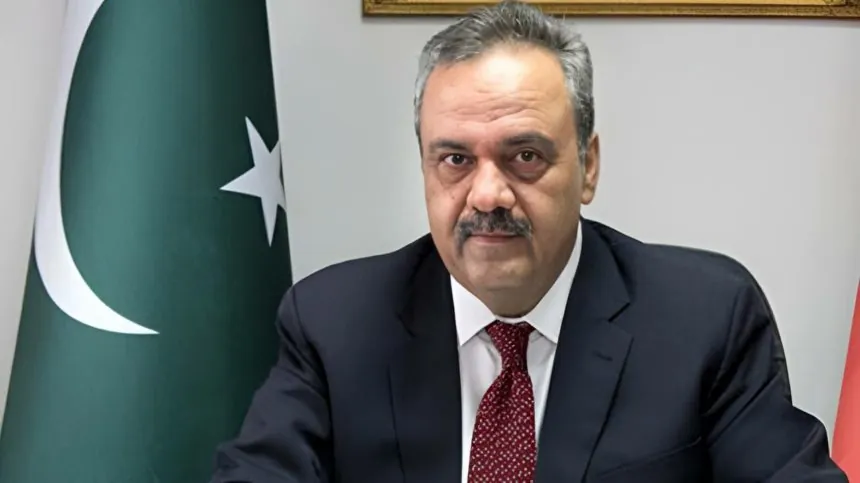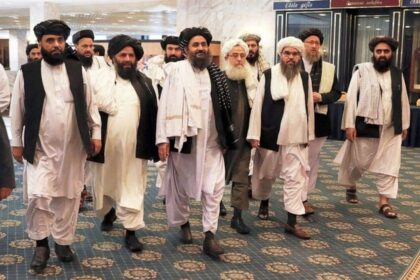RASC News Agency: Pakistan’s former envoy to Afghanistan, Asif Durrani, has underscored that the Tehreek-e-Taliban Pakistan (TTP) represents an inviolable red line for Islamabad, affirming that Pakistan will not permit any entity to challenge this boundary. He further remarked that Islamabad’s recent retaliatory operations against the Afghanistani Taliban should serve as a critical and enduring lesson for them. Durrani described the mounting tensions between Islamabad and the Taliban as “regrettable” but maintained that Pakistan’s actions should act as a definitive message to “our friends and brothers, the Afghanistani Taliban.” He stressed that the TTP’s existence and activities are a non-negotiable issue for Pakistan, reiterating that neither the group nor its supporters can be ignored.
In a statement posted on the social media platform X, the former envoy reaffirmed that the TTP is a matter of national security and sovereignty for Pakistan. “No entity should be allowed to breach this red line,” he asserted unequivocally. On Saturday, December 28, the Taliban claimed responsibility for retaliatory operations conducted three days after Pakistan’s air raids in Paktika province. While the Taliban’s Ministry of Defense avoided directly naming Pakistan in its official statement, it acknowledged conducting counterattacks “beyond the arbitrary Durand Line.” The term “Durand Line” is frequently employed by Taliban officials to refer to the contentious Afghanistan-Pakistan border.
The Taliban’s strikes came in response to Pakistani airstrikes on Paktika’s Bermal district, which reportedly targeted four specific locations. According to Zabihullah Mujahid, the Taliban’s chief spokesperson, the Tuesday evening airstrikes resulted in the deaths of at least 46 individuals, predominantly women and children. Following the Taliban’s retaliatory operations, Pakistani forces launched further counterattacks, forcing the Taliban to abandon six border outposts and retreat. The escalating hostilities between the two sides have not only deepened tensions but also cast a shadow over the broader prospects for regional stability, prompting widespread concerns about the potential for protracted conflict.






